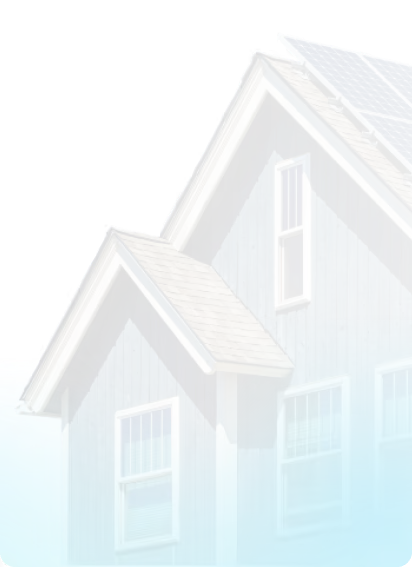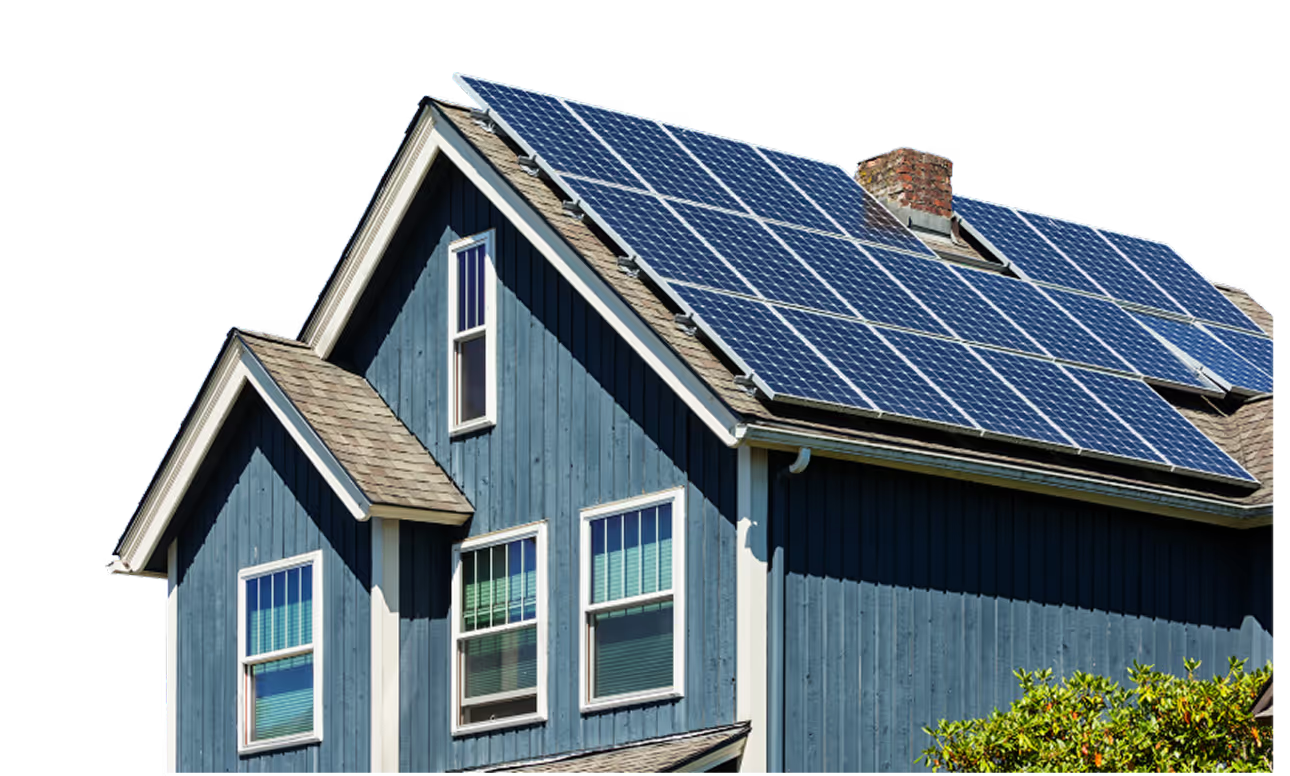
As interest in solar energy grows, concerns about the safety of solar panels, particularly the risk of solar panel fire, have emerged. While such concerns are understandable, it is crucial to recognise that incidents involving solar panel fires are extremely rare. With proper installation and regular maintenance, solar energy systems remain one of the safest and most reliable solutions for sustainable power, offering significant environmental and financial benefits. Advancements in technology and adherence to stringent safety protocols have further minimised these risks, reinforcing solar energy as a smart choice for homes and businesses alike.
Understanding Solar Panel Fire Risks: Why Do Solar Panel Fires Happen?
Solar panel fires are usually the result of preventable issues. Common causes include poor installation practices, inferior components, and faulty wiring or connectors. When components fail, electricity can “arc” and create sparks, potentially leading to a fire. While these incidents often make headlines, the truth is that the risk of fire is very low when solar systems are installed and maintained correctly by qualified professionals. By choosing high quality materials, following proper installation guidelines, and conducting regular inspections, the risk can be minimised significantly. With advancements in technology and adherence to strict safety protocols, solar energy remains a safe and efficient choice for your home.
How Solar Panels Are Designed To Prevent Fires: Built For Safety
Modern solar panels are designed with safety in mind. They undergo rigorous testing to meet global safety standards to reduce risk of solar panel fire, such as those set by International Electrotechnical Commission (IEC) and Underwriters Laboratories (UL). These certifications ensure the panels are resistant to weather conditions, electrical faults, and the risk of fires. Solar panels are also rated for fire resistance, with classifications (Class A, B, or C), indicating their ability to resist the spread of flames.
The solar industry continuously invests in research and innovation, ensuring that systems are not only efficient but also exceed safety expectations. Many panels now feature advanced technologies like arc-fault detection and rapid shutdown capabilities. These systems immediately cut off power during emergencies, preventing potential hazards from escalating. Paired with quality materials, proper installation, and regular maintenance, these safety measures ensure that solar systems are both secure and reliable.
Common Causes Of Solar Panel Fire
While solar panel are generally very safe, there are a few factors that can increase fire risk if not addressed. Here’s a look at the most common causes of solar panel fire:
- Arc Faults
In high-voltage solar setups, even a small break in a connection can cause electricity to jump across a gap, creating what is known as an electrical arc. This arc can generate intense heat and sparks, potentially leading to a fire. Early identification and repair of these faults are crucial to maintaining system safety. - Loose or Insecure Connections
Wiring and connectors can gradually loosen over time due to temperature changes, vibrations, or simple wear and tear. These weakened connections can overheat and increase the risk of fire, particularly if they aren’t maintained properly. - Substandard Components
Low-quality components, such as connectors, cables, or junction boxes can wear out quickly and fail under normal conditions, increasing the chances of overheating and sparking. This makes its essential to choose quality parts for your solar system. - Environmental Stressors
Solar panels are exposed to the elements year-round. Changes in weather , humidity, and even dirt or debris buildup candamage insulation and connectors, increasing the risk of faults. Regular inspections and maintenance help to mitigate these risks.
Fire Prevention Best Practices For Solar Panel Systems: Keeping Your Home Safe
There are several simple yet effective steps you can take to prevent solar panel fire:
- Choose Certified Installers
Opting for certified installers means you’re working with professionals who understand how to install systems that meet the highest safety standards. They will ensure every component is securely connected and properly grounded, reducing the risk of loose connections or faulty wiring. - Schedule Regular Maintenance and Inspections
Ongoing care for your solar system is essential. Qualified technicians should regularly inspect your panels, wiring, and inverters to ensure everything is in good working order. this proactive approach helps identify and fix any potential issues before they become serious. - Leverage System Monitoring Technologies
With modern monitoring tools and mobile applications, you can keep track of your solar system’s performance in real time. For instance, a sudden drop in energy output could indicate a minor fault that, if addressed early, prevents larger issues. In Singapore, certain installers offer apps that alert you to unusual patterns, enabling you to catch potential problems early.
Case Study: Solar Panel Safety In Singapore
Singapore has taken clear steps to ensure that solar panel systems on rooftops meet strict fire safety standards. The Singapore Civil Defence Force (SCDF) sets these guidelines in their “Fire Safety Requirements for Solar Photo-Voltaic (PV) Installations on Roof,” covering critical factors like safe rooftop access, fire-resistant equipment, and proper installation methods.
A notable example occurred on August 14, 2024, when a fire broke out in a cluster of solar panels (about 15m by 10m) on the zinc roof of a factory at 11 Kian Teck Road. The SCDF quickly evacuated 76 workers and extinguished the blaze with no injuries reported. Following the incident, the SCDF reiterated the importance of meeting established standards. For instance, solar PV modules must meet at least a Class C fire resistance rating, and all wiring and switchboards must comply with Singapore’s Code of Practice for Electrical Installations (SS CP5).
To further strengthen safety measures, the SCDF introduced the Circular Fire Code 2023, which updates requirements for new installations. This ensures that all solar panel systems in Singapore not only generate clean, renewable energy, but also operate under the highest fire safety protocols.
While solar panel fire are rare, they typically stem from preventable issues like poor installation or substandard components. Choosing solar energy is not only a safe way to reduce your energy costs and lowering carbon footprints. At GetSolar, we prioritise safety, offering certified solar installers, our team ensures a smooth and safe installation process. Our Rent-to-Own plan makes transitioning to solar effortless—there are no upfront costs, and we handle all maintenance throughout the lifetime of your agreement.

Rent-to-Own Solar for Business with Guaranteed Performance
Immediate ROI




Rent-to-Own Solar. $0 Upfront cost. Guaranteed Savings
(10-Year RTO plan)
+ 10-Year Free Maintenance











